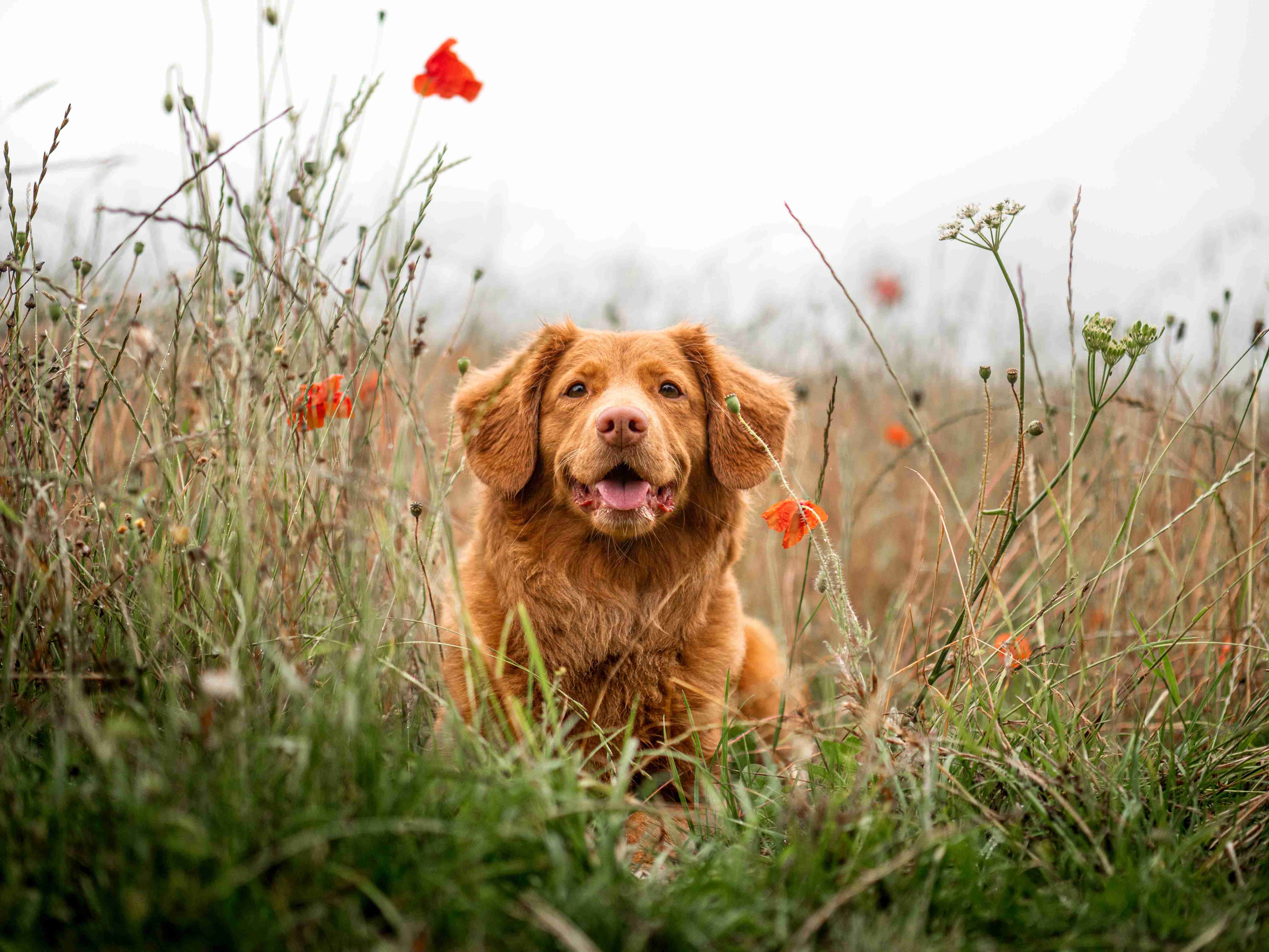Bringing home a new furry friend is an exciting time, especially when it’s a cute and intelligent Poodle puppy. These fluffy companions quickly find their way into our hearts, becoming an inseparable part of our families. However, sometimes our beloved Poodle puppies can experience a common issue known as separation anxiety, which can cause distress for both the puppy and their owners.
In this blog post, we will explore the signs that indicate your Poodle puppy may be struggling with separation anxiety. Understanding these signs is essential for early detection and proper intervention, allowing you to address the issue and provide the necessary support for your furry friend. So, if you’ve been noticing some unusual behavior when you leave your puppy alone, keep reading to learn more about separation anxiety and how to help your Poodle puppy overcome it.
Spot the Signs: Is Your Poodle Puppy Struggling with Separation Anxiety?
Bringing home a new puppy is an exciting and rewarding experience. However, it’s common for puppies, including Poodles, to experience separation anxiety. This can be distressing for both the puppy and their owner, but the good news is that there are signs you can look out for to identify if your Poodle puppy is struggling with separation anxiety. In this blog post, we will discuss these signs in detail, helping you understand your furry friend’s behavior better and providing tips on how to alleviate their separation anxiety.
1. Excessive vocalization:
One of the first signs that your Poodle puppy may be experiencing separation anxiety is excessive vocalization when you leave them alone. They may whine, bark, or howl excessively, trying to get your attention and alleviate their anxiety. Keep an ear out for these vocal cues as they can indicate your puppy’s distress.
2. Destructive behavior:
Poodles are intelligent and energetic dogs, but when left alone, a puppy with separation anxiety may direct their energy towards destructive behavior. You may come home to find chewed furniture, scratched doors, or shredded pillows. This behavior serves as a desperate attempt to cope with their anxiety and can be a clear sign of separation anxiety.
 - Copy.jpg)
3. Inappropriate elimination:
Puppies with separation anxiety may exhibit inappropriate elimination, even if they are otherwise house-trained. They may have accidents indoors, despite being taken outside regularly. This behavior stems from the stress and anxiety they experience when left alone, and it’s important not to scold them for it. Instead, focus on addressing the underlying separation anxiety.
4. Pacing and restlessness:
When a Poodle puppy is anxious and struggling with separation, they often exhibit pacing and restlessness. They may constantly move around the house, unable to settle down or relax. This behavior is their way of trying to find comfort and release their anxiety, as they struggle to cope with your absence.
5. Excessive salivation:
Another telltale sign of separation anxiety in Poodle puppies is excessive salivation. You may notice wet spots or drool marks around the areas where they tend to spend their alone time. This excessive salivation is a physical response to their stress and can be a clear indication that they are struggling with being separated from you.
6. Escape attempts:
Poodle puppies with separation anxiety may resort to escape attempts in their desperation to be reunited with their owners. They may scratch at doors or windows, trying to find a way out. It’s crucial to ensure your puppy’s environment is safe and secure to prevent any harm or accidents resulting from their escape attempts.
Separation anxiety is a common issue among Poodle puppies, but with awareness and understanding, you can provide the necessary support to help your furry friend cope. By recognizing the signs of separation anxiety, such as excessive vocalization, destructive behavior, inappropriate elimination, pacing, excessive salivation, and escape attempts, you can take proactive steps to address their anxiety. Providing your Poodle puppy with a secure and stimulating environment, gradually desensitizing them to your absence, and seeking professional guidance if needed, can make a significant difference in helping them overcome separation anxiety. Remember, patience, consistency, and love are key when helping your Poodle puppy navigate through this challenging phase in their early lives.
In conclusion, it is important for every Poodle puppy owner to be aware of the signs of separation anxiety in their furry friend. Remember, your puppy depends on you for their emotional well-being, and addressing separation anxiety early on can make a world of difference in their overall happiness and development. By understanding the signs, implementing positive training techniques, and seeking professional help if needed, you can help your Poodle puppy overcome separation anxiety and build a strong foundation of trust and security. Remember, with patience, consistency, and lots of love, you can empower your puppy to become a confident and well-adjusted companion even when you’re not around. So, if you notice any of the signs mentioned in this article, don’t hesitate to take action and help your Poodle puppy find peace and contentment. Your furry friend will thank you for it!


%20-%20Copy.jpg)
.jpg)
.jpg)

%20-%20Copy%20-%20Copy.png)

%20-%20Copy.jpg)